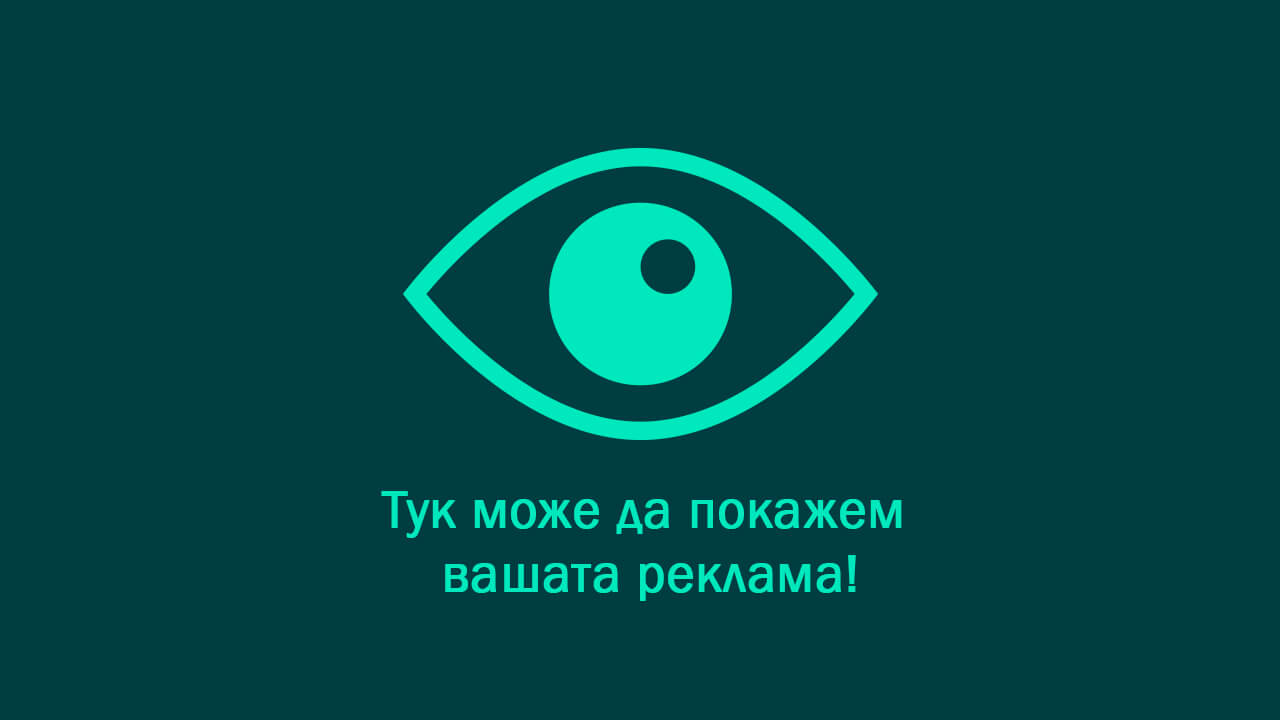A chest contusion, or bruise, is often caused by traumatic events such as fall from height or a direct blow to the chest and chest area. Some of the most common causes of chest contusions are i.e. road accidents, car crashes, falls, getting punched in the chest, as well as injury from bicycle handlebars. A strong, forceful blow to the chest can injure the internal organs such as the heart or even blood vessels in the chest. Same applies for the lungs, the airway, the liver, or the spleen.
An injury to muscles, cartilage, or ribs may result in severe pain. The painful sensation can be increased by taking deep breath, coughing, or even sneezing. Lying on the bruised and injured area also can cause significant amount of pain. Follow-up care is a very important part of the treatment and safety.
How can you take care for yourself at home?
• Consult your physician immediately!
• Rest and protect the injured or sore area.
• Stop, change, or take a break from any activity that may be causing your pain.
• Put ice or a cold pack on the area for 10 to 20 minutes at a time. Put a thin cloth between the ice and your skin.
• After 2 or 3 days, if your swelling is gone, apply a heating pad set on low or a warm cloth to your chest. Some doctors suggest that you go back and forth between hot and cold.
• Always put a thin cloth between the heating pad and your skin.
• Do not wrap or tape your ribs - this may cause you to take smaller breaths, which could increase your risk of pneumonia and lung collapse.
• Ask your doctor if you can take an OTC (over-the-counter) pain medicine. Possible drugs are acetaminophen, ibuprofen, naproxen or similar.
• Always be safe with medicines. Always read and follow strictly all instructions on the label, but most of all follow your doctor’s instructions.
• It is important to take your medicines exactly as prescribed.
Call your doctor if you are having a problem or doubts with your medicine.
Gentle stretching and massage may help you feel better (after a few days of rest). Start slowly. Stretch a little and then proceed to the point just before discomfort begins, then hold the stretch for at least 15 to 30 seconds. Do this 3 or 4 times per day. Don’t continue if you are experiencing any significant amount of pain.
Be patient, because chest bruises can take weeks or months to heal. Any increased pain may be a sign that you need to rest a while longer. As your pain gets better, slowly return to your normal activities. When should you call for help and contact a medical professional?
Call your doctor or call 112 anytime you think you may need emergency care.
I.e. call if you:
• have severe trouble breathing
• cough up blood
• have abdominal pain
• are dizzy or light-headed, or you feel like you may faint
• develop new symptoms
• feel your chest pain gets worse
• feel you have a fever
• have shortness of breath
• have a cough that brings up mucus from the lungs
Watch closely for changes in your health, and be sure to contact your doctor if your chest pain is not improving after 1 week. Be sure to make and go to all appointments, and call your doctor if you are having any suspicions or problems. It's also a good idea to know your test results and keep a list of the medicines you take.
